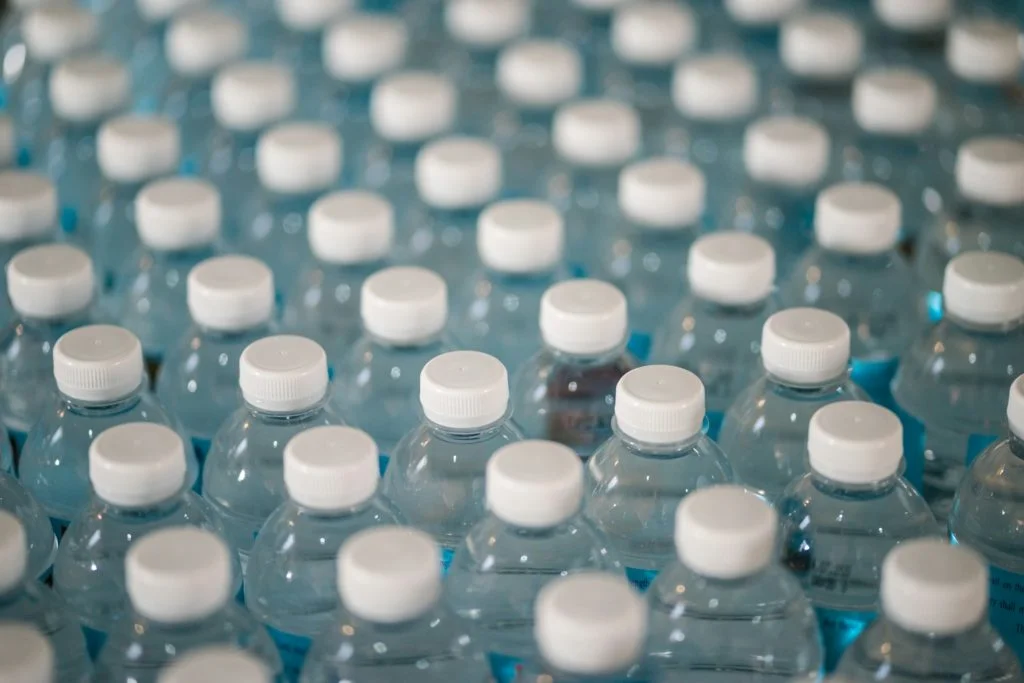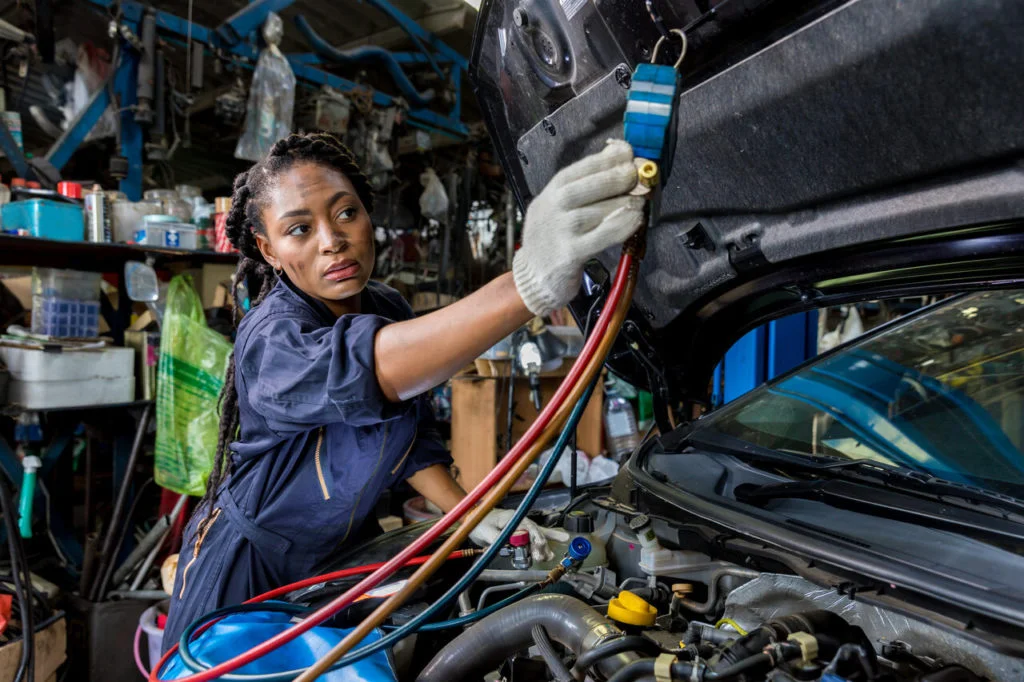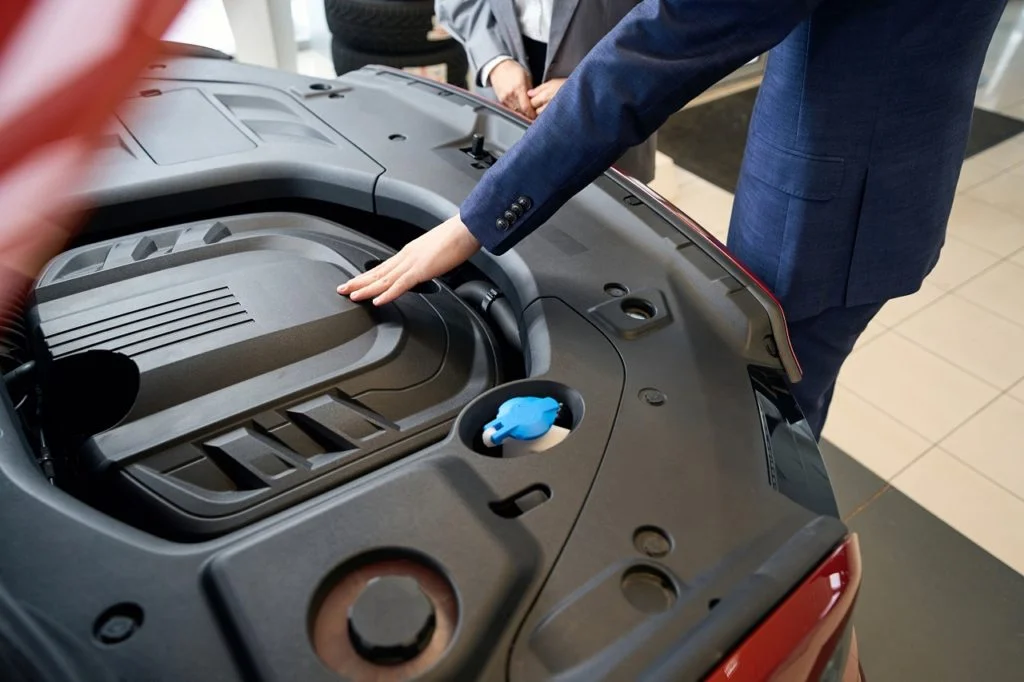The increasing global urgency for environmental conservation has led to the implementation of various legislative measures to promote sustainable practices across industries. The automotive sector, in particular, is under immense pressure to reduce its environmental impact due to its extensive consumption of plastic components. Coinciding with these concerns is the upcoming Plastic Tax, which will come into effect in the UK in April 2022, affecting manufacturers and importers of plastic packaging.
Under this legislation, plastic packaging containing less than 30% recycled content will be subject to a £200 per tonne tax, incentivising businesses to integrate recycled materials into their production processes and embrace sustainable practices. Automotive manufacturers must, therefore, adapt their operations to accommodate these changes and mitigate the financial implications of the Plastic Tax.
Pulse Plastics, a leading UK-based independent specialist plastic solution provider, offers bespoke plastic reprocessing services tailored to the needs of automotive manufacturers. Partnering with Pulse Plastics enables businesses within the automotive industry to transform their waste plastic into valuable materials that can be reintegrated into their production processes, promoting resource efficiency and helping them comply with the Plastic Tax legislation.
Embrace the opportunities and advantages of Pulse Plastics’s plastic reprocessing services, and begin your journey towards a more sustainable and resource-efficient automotive manufacturing process now.
1. The Significance of Plastic Reprocessing in the Automotive Industry
Due to their lightweight nature and versatility, the automotive industry relies heavily on plastic components used extensively in vehicle interiors, exteriors, and engine compartments. As such, the sector generates a significant amount of plastic waste and presents a prime opportunity for the implementation of reprocessing and sustainable practices. Here are some reasons why plastic reprocessing is essential for the automotive industry:
- Environmental Impact: Reprocessing reduces the amount of plastic waste sent to landfills and emissions from incineration, helping to mitigate the industry’s carbon footprint.
- Regulatory Compliance: By integrating reprocessed materials into their operations, automotive manufacturers can meet legislated targets such as the Plastic Tax and demonstrate their commitment to sustainability.
- Financial Savings: By reusing waste materials and reducing the need for virgin plastic, manufacturers can potentially lower production costs, foster greater efficiency and achieve cost savings.
2. The Benefits of Pulse Plastics’s Plastic Reprocessing Services for Automotive Manufacturers
Pulse Plastics offers tailor-made plastic reprocessing services designed to meet the needs of automotive manufacturers. By partnering with Pulse Plastics, businesses within this sector can maximise the value of their waste plastic and drive sustainability within their operations. Some benefits of Pulse Plastics’s reprocessing services for the automotive industry include the following:
- Expertise and Customisation: Pulse Plastics’s specialised knowledge of automotive applications, materials, and processes ensures their services are custom-fitted to each manufacturer’s unique requirements.
- Resource Efficiency: Reprocessing waste materials into high-quality inputs for vehicle production minimises waste and maximises resource efficiency, enabling manufacturers to reduce costs and environmental impact.
- Compliance and Competitiveness: By adapting their operations to reprocessed materials, automotive manufacturers can comply with the Plastic Tax, enhance their sustainability credentials and boost their competitiveness in an eco-conscious market.
3. Implementing Pulse Plastics’s Reprocessing Services in the Automotive Industry
To maximise the benefits of Pulse Plastics’s plastic reprocessing services for automotive manufacturers, the following strategies can be pursued:
- Waste Auditing: Assessing current waste management practices can help identify the types and volumes of plastic waste generated by automotive manufacturers, forming the basis for a reprocessing strategy.
- Collaborative Partnership: Partnering with Pulse Plastics enables automotive manufacturers to leverage their expertise in plastics reprocessing and engineering to develop a tailored approach for integrating reprocessed materials into production processes.
- Adapting Operations: Implementing operational, technological, and supply chain changes required to accommodate reprocessed materials allows manufacturers to use waste materials effectively in vehicle production.
4. Exploring Sustainable Applications of Reprocessed Plastics in the Automotive Industry
Pulse Plastics’s reprocessing services can help automotive manufacturers find new and innovative approaches to using reprocessed plastics in various aspects of vehicle production. Some potential applications include the following:
- Lightweighting: By incorporating reprocessed plastics into vehicle design, manufacturers can reduce the vehicle’s overall weight, improving fuel efficiency and reducing emissions.
- Vehicle Interiors: Reprocessed plastics can produce dashboard components, seating materials, and other interior elements, enhancing the vehicle’s sustainability credentials.
- Packaging: Automotive manufacturers can reduce packaging waste by using reprocessed plastics to produce packaging materials for parts, components, and finished vehicles, reducing the industry’s environmental impact.
Conclusion
The automotive industry has a critical role in driving global sustainability, and embracing Pulse Plastics’s plastic reprocessing services is a pivotal step towards reducing environmental impact, complying with the Plastic Tax, and enhancing competitiveness in the evolving market landscape. By partnering with Pulse Plastics and implementing their customised solutions, automotive manufacturers can make a tangible difference in how they produce and package vehicles – with benefits far beyond legislative and financial compliance.
The time for change is now. Pulse Plastics stands ready to support your automotive manufacturing business with cutting-edge plastic reprocessing services designed to maximise resource efficiency, operational effectiveness, and sustainability. Reach out to Pulse Plastics today to begin your journey towards a more sustainable, efficient, and compliant future in the automotive industry.


